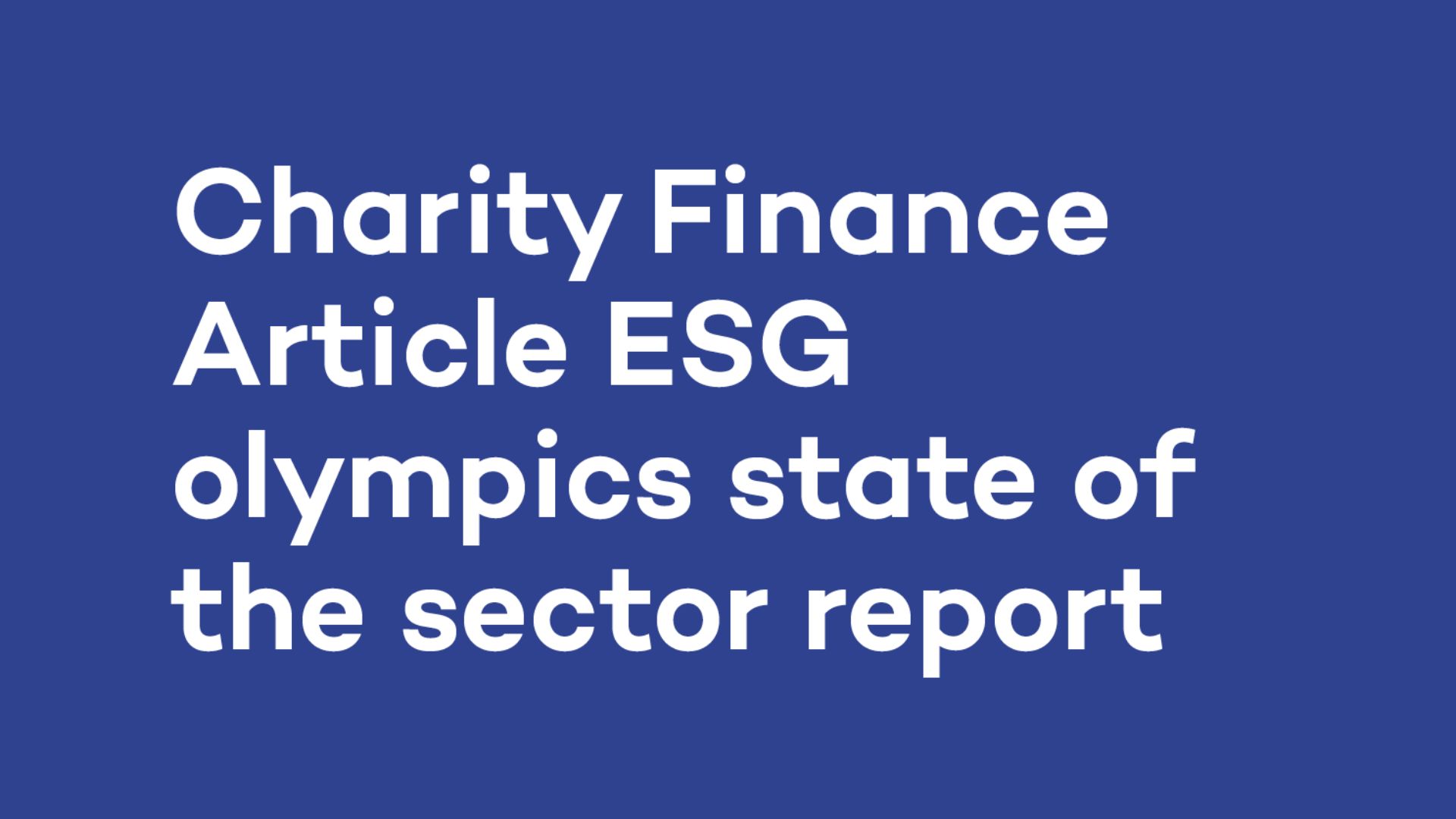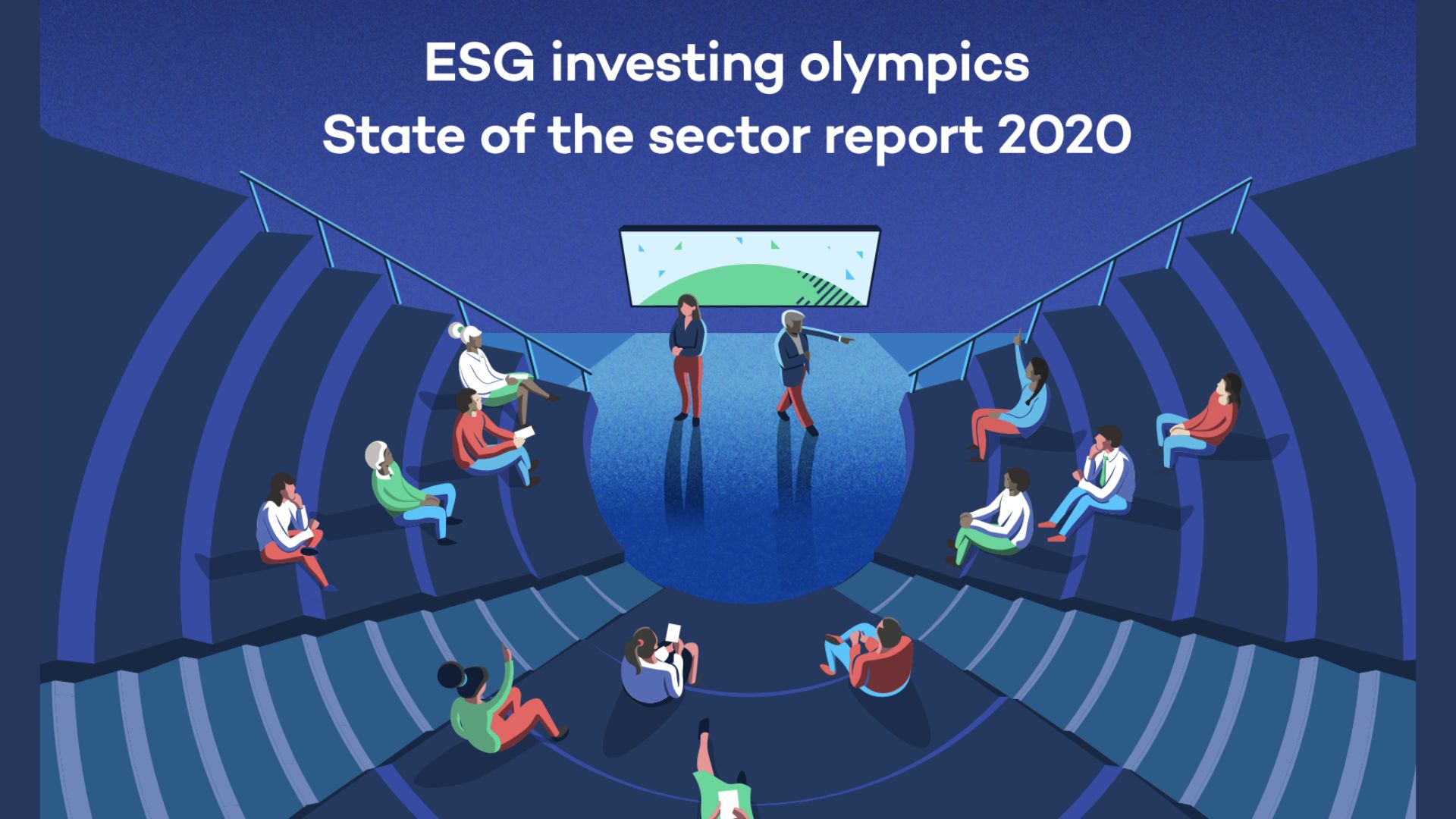


Q&A Blog: Values in Action at Friends Provident Foundation
Date: 09/06/2025

At Friends Provident Foundation, we’ve been reflecting deeply on our values and operating principles – exploring who we are, who we aspire to be, and how we want to work.
One core value is the commitment to challenge ourselves and others to think and act differently. That means learning from our work and the work of others, and constantly pushing toward a fairer, more sustainable economy – for people and planet.
We know we can’t do this alone. So, in the words of community organiser Marshall Ganz: how do we turn the resources we have into the power we need to bring about change – together?
Over recent months, trustee Priya Gupta attended a series of UK and international gatherings, exploring this very question. Here she is in conversation with Friends Provident Foundation team members.
Question: How can we do the work of the Foundation from a sense of belonging, rather than othering?- Priya Gupta, Trustee
Answer: We’re clear that money = power in a capitalist system — and in funding relationships, that creates a power imbalance. Ignoring that only reinforces it. As a former fundraiser, I’ve experienced both sides of this dynamic. That lived experience shapes how we recruit — we prioritise empathy with fundraising realities.
Through the Fix the Flow Fellowship, I connected with the idea of both fundraisers and grantmakers as resource activists. We are allies in the same movement, working to shift resources toward those creating real change. This mindset breaks down “us and them” thinking.
We’ve embedded this into our new application process: we now do the heavy lifting, not applicants. We hold the same responsibility for ensuring a good fit because this work matters equally to us. Those on the ground take the real risks — they’re the courageous ones. We’re here to back them.
That’s why we co-create applications: we speak with applicants, draft the text, and then check back to ensure it reflects their voice. This upfront investment helps avoid wasting time — theirs and ours — and reinforces that they already belong in this movement. Not because they’ve jumped through hoops, but because their expertise is vital to the work ahead.
– Abigail Gibson, Head of Funding Strategy, Friends Provident Foundation
Question: What does deep collaboration look like — and what does success mean? – Priya Gupta, Trustee
Answer: We’re currently leading the second Investing Olympics – a public tender where values-aligned investors pool resources to select an investment manager. Shortlisted managers present publicly, and stakeholders (not just trustees) vote on the winner.
It’s a deeply collaborative process, requiring shared decisions on investment criteria, timelines, and how to assess applications. As lead, we balance driving the work forward with creating space for input.
Success shows up in many ways, but the fact the event happens at all — with shared ownership and collective action – is a success for values-based investing.
– James Anthony, Social Investments Portfolio Manager, Friends Provident Foundation
Question: How do we organise our people and resources in service of shared goals? – Priya Gupta, Trustee
With a small team and a big mission, we often default to collaboration. We organise our work across three key practices:
- Curiosity – We actively seek to learn from others. Our induction for staff and partners includes exploring both how we work and how others do. Our activities sit on a spectrum – from immediate, practical change to long-term, radical transformation – but are always mission-aligned.
- Team Culture – Staff and trustees collaborate closely. While not everyone makes every decision, all voices are heard.
- Learning – Working with Lucent, our learning partner, we regularly reflect on what’s working, what’s not, and how we can adapt. Learning now shapes how we work with applicants, how we govern, and how we grow.
These practices help us remain flexible and effective in a fast-changing context.
– Danielle Walker Palmour, Director, Friends Provident Foundation
Question: How do we support leaders of colour and others from minoritised identities to heal and thrive? – Priya Gupta, Trustee
Answer: As a woman of colour and Foundation Director, I’m aware of how financial privilege can insulate – and how others may not have that same buffer. As an organisation, we understand that racism is internalised, interpersonal, institutional and systemic, to name that anti-racism is an ongoing journey. We’ve previously done work on privilege and oppression. It’s clear we need to return to this regularly to stay alert to power dynamics – our own and others’.
Globally and domestically, attacks on equity and bold leadership are increasing. We stand in solidarity and will continue to back leaders who face risk for taking courageous positions. FPF’s funding strands touch all of these facets, and say more about who we fund (and how we do it) that recognises the particular challenges that leaders of colour can face.
– Danielle Walker Palmour, Director, Friends Provident Foundation


